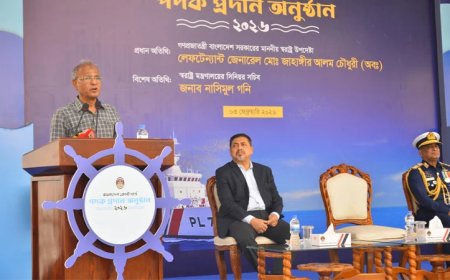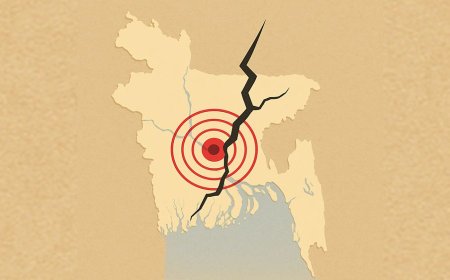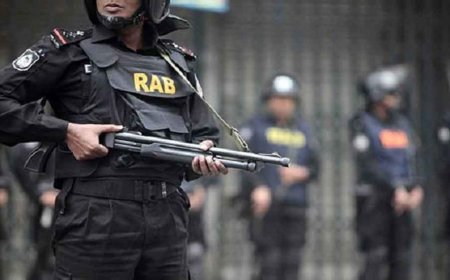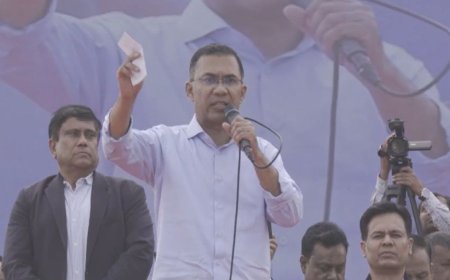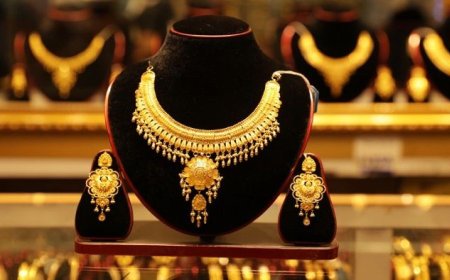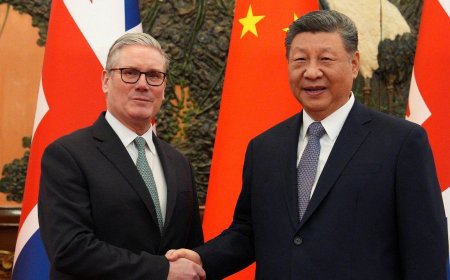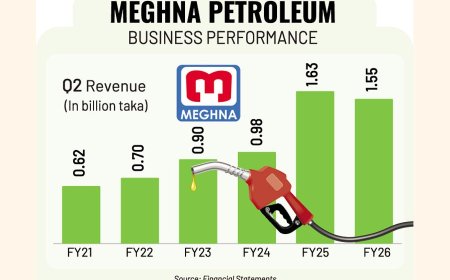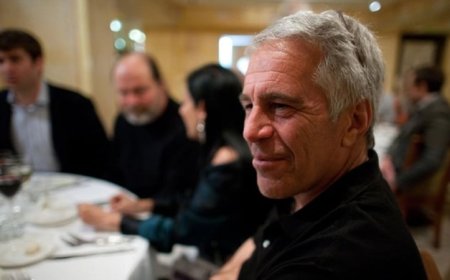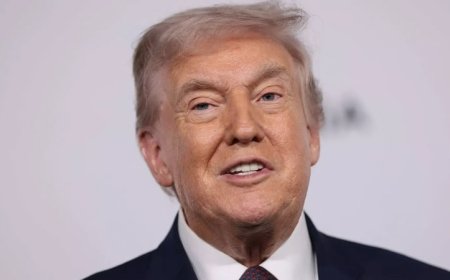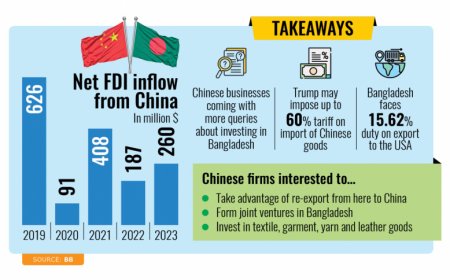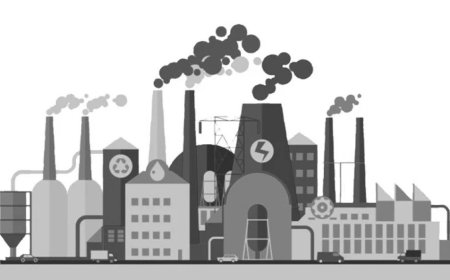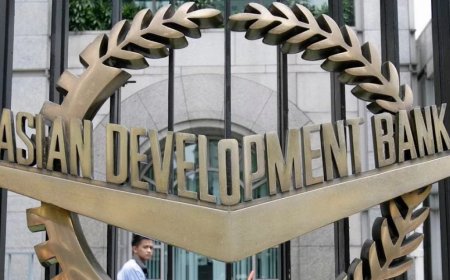Crisis-Stricken Industries Fight for Survival
Ongoing Political Turmoil Undermines Investor Confidence, Stalling New Capital Inflows
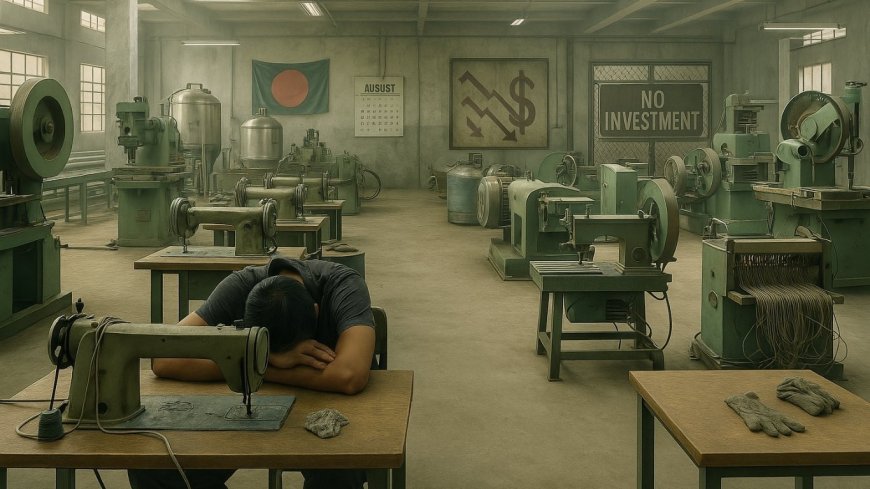
The country’s industrial and trade sectors remain in a state of paralysis, gripped by persistent economic challenges that threaten entrepreneurial momentum. Businesses are reeling under the pressure of spiraling inflation, a weakened taka, foreign exchange shortages, and soaring commodity prices—all of which are inflating operational costs.
Political instability continues to undermine investor confidence, discouraging new capital inflows. Business leaders point to high import dependency and steep bank interest rates as key obstacles to expansion.
Adding to the crisis, from 1 August, the US will enforce a 35% reciprocal tariff on Bangladeshi exports, raising alarm among exporters already burdened by logistical and financial hurdles. Concerns are mounting over a potential slump in demand from European and American markets, while energy, transport, and gas shortages are further crippling production and slowing recovery.
Mostafa Azad Chowdhury Babu, former senior vice president of the FBCCI, highlighted the damaging impact of deteriorating law and order since August last year, which led to factory closures and mass unemployment. He emphasized that restoring security and political stability is crucial to attracting both domestic and foreign investment. “Comprehensive reforms and an end to mob justice are needed to restore business confidence,” he added.
Mahmud Hasan Khan, President of the BGMEA, noted that delayed elections and an absent functional government have shaken investor confidence in the RMG sector. Repeated factory closures, driven by energy shortages and high borrowing costs, have exacerbated the crisis.
Ashiqur Rahman Tuhin, Managing Director of Trade Group and a former BGMEA board member, warned of plummeting export orders, especially with the looming US tariff. “August and September are already lean months, and now buyers are pausing or suspending orders, which is deeply affecting exporter morale,” he said.
Reflecting this downward trend, Bangladesh Bank data shows capital machinery imports declined by 19.6% from July to May, falling to \$2.62 billion from \$3.26 billion the previous year. The drop signals a broader hesitation among entrepreneurs to invest amid political turmoil and currency depreciation.
Private sector loan growth has stagnated below 8% for seven months, dipping to 7.17% in May. Lending rates, ranging between 14–16%, along with tight access to capital markets, are choking business activity.
Although Bangladesh Bank reduced its policy rate by 0.50 percentage points to 8% on 15 July to stimulate borrowing, business leaders say the move has yet to yield tangible results.
Rashidul Hasan Rintu, former BTMA director and President of the Narsingdi Chamber of Commerce and Industry, called for urgent political consensus to restore investor trust. He also urged sweeping banking reforms, improved transparency, lower interest rates, and better credit access for SMEs.
Rintu stressed the need for export diversification beyond the RMG sector, identifying IT, agro-processing, and pharmaceuticals as potential growth areas. Expanding special economic zones and export processing zones, he added, could enhance export competitiveness and attract more foreign direct investment.
What's Your Reaction?







